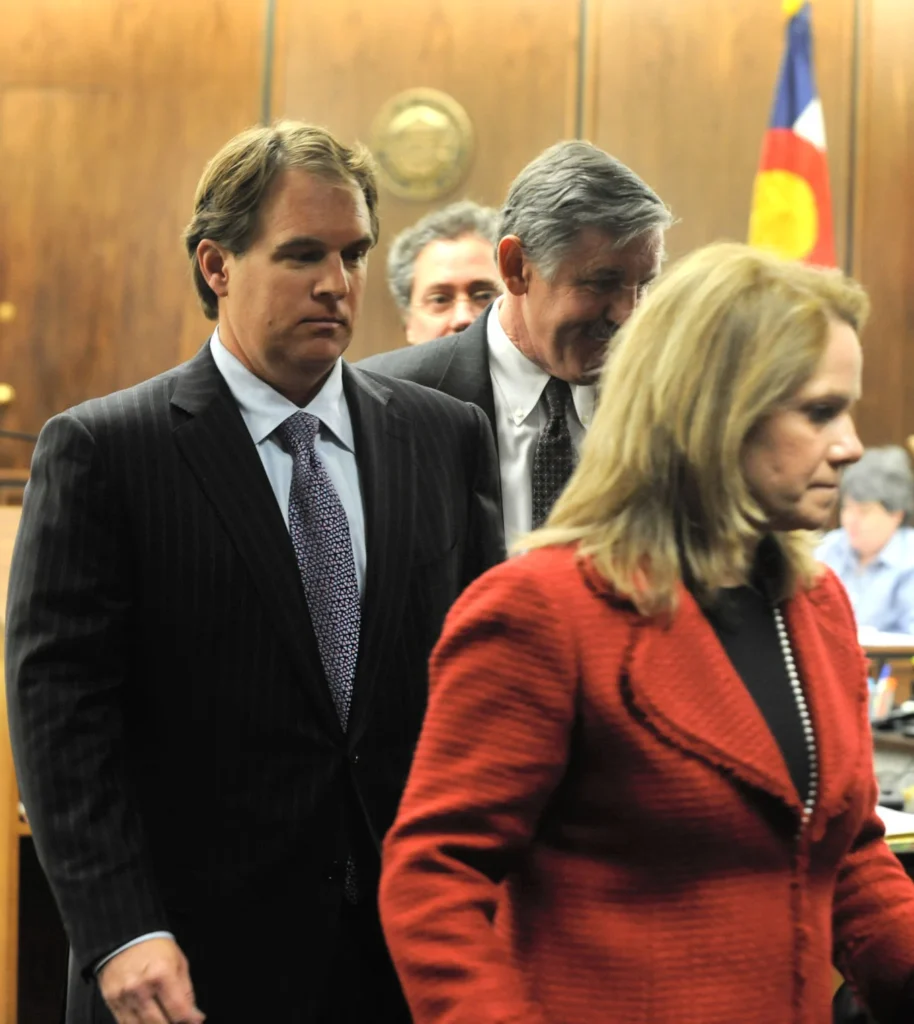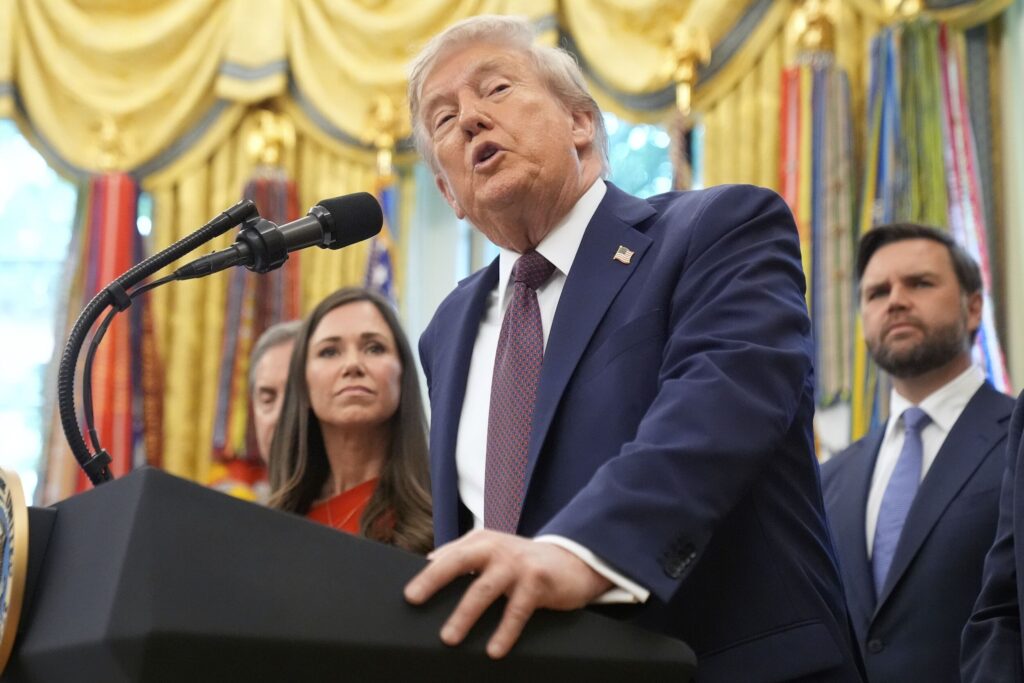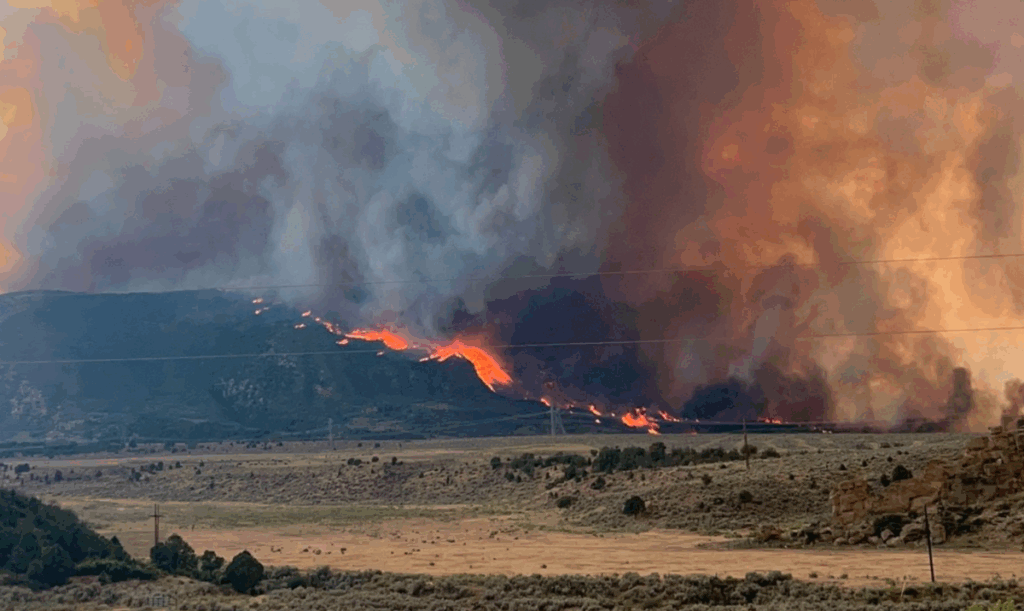Gov. Hickenlooper seeks to save Colorado Energy Office after legislature hit impasse
Gov. John Hickenlooper’s office is expected to request on Tuesday that state budget writers approve supplemental funding for the Colorado Energy Office after the legislature hit an impasse at the end of the legislative session.
The governor’s office is asking for $3.1 million to preserve the office, which, in addition to promoting renewable energy, also assists schools, the agriculture industry and developers reduce energy costs.
While the Energy Office would be able to retain about 10 employees thanks to federal funds, another 24 staff positions are on the line.
The office would no longer operate programs that focus on agriculture, building development, and policy and research.
The governor’s office is seeking up to $3.1 million in the upcoming budget that starts in July to continue its operations. The split Joint Budget Committee is expected to be presented with the proposal on Tuesday.
Sen. Kent Lambert, R-Colorado Springs, chairman of the JBC, said he believes the issue was addressed during the legislative session when lawmakers could not reach an agreement on continuing funding for the office. He said the question is better left for the full legislature to decide rather than the six members of the JBC.
It’s likely that the JBC will deadlock on the funding request on Tuesday, as it is split between three Democrats and three Republicans. A tie would kill the proposal.
“We objected to it being just a JBC action all the way back to the first of November when he (Hickenlooper) put it in his budget request. This is not just a budget request,” Lambert said. “There are a lot of questions over how is the money being used and a lot of what we consider unnecessary regulations and things that are restricting the energy industry.”
“A bill having failed, I just don’t think it’s the right process for the JBC to come back and fund something that did not make it through the legislative process. I’m quite concerned about that. It’s bad precedent,” said Rep. Bob Rankin, R-Carbondale, a member of the JBC. “On the other hand, I’m not opposed to the idea of an energy office, I’m voting against the process.”
The third Republican member of the JBC, Sen. Kevin Lundburg of Berthoud, has already expressed concerns with the Colorado Energy Office and is likely to oppose the funding request.
The governor’s office believes that it has an obligation to request supplemental funding because it was “unforeseen” that the legislature would not act on maintaining funding. Supplementals are authorized for several reasons, one of which includes “unforeseen” events.
“The governor has agreed that he is open to a process where we re-examine the mission of the Colorado Energy Office to make sure it includes ‘all of the above’ energy – all forms,” said a Hickenlooper spokeswoman. “He has received encouragement that the office could be funded through the JBC for the current year while that process goes forward.”
Lambert, however, does not believe an “unforeseen” event took place, pointing out that the legislature debated the subject this year, though it was unable to reach a resolution on the last day of the legislative session.
Funding would have been included in the 57-page Senate Bill 301, which would have provided the $3.1 million while also doing away with certain programs. It was supported by Hickenlooper’s Energy Office.
The Republican-controlled Senate had included provisions that would have made changes to a host of renewable energy and other programs in the state, including eliminating some of those programs. The Senate version would have expanded the Colorado Energy Office’s focus to include nuclear and hydropower, while giving the oil and gas industry a greater voice.
It also focused heavily on natural gas, aiming at eliminating a prohibition on investor-owned utilities owning natural gas reserves. An investor-owned utility is owned by private investors and members. The legislation would have directed the state to create rules allowing an investor-owned utility to acquire an interest in Colorado-based natural gas reserves for up to 50 percent of its needs.
A provision of the legislation also would have raised registration fees for electric vehicles, which had some Democratic lawmakers concerned.
Democrats approved a trimmed bill, which would have continued funding for the Colorado Energy Office, but it also would have stripped many of the provisions stemming from the Senate.
The discussion became bogged down in politics, especially following a home explosion in Firestone in April linked to natural gas leaking from an old pipeline. The incident killed two men. Republicans and Democrats could not find enough common ground to advance the bill in the split legislature.
“That was the situation we were put in, either we adhere to the Senate position or recede to the House position, and that was just unacceptable,” Lambert said. “Maybe next year we can try again.”











